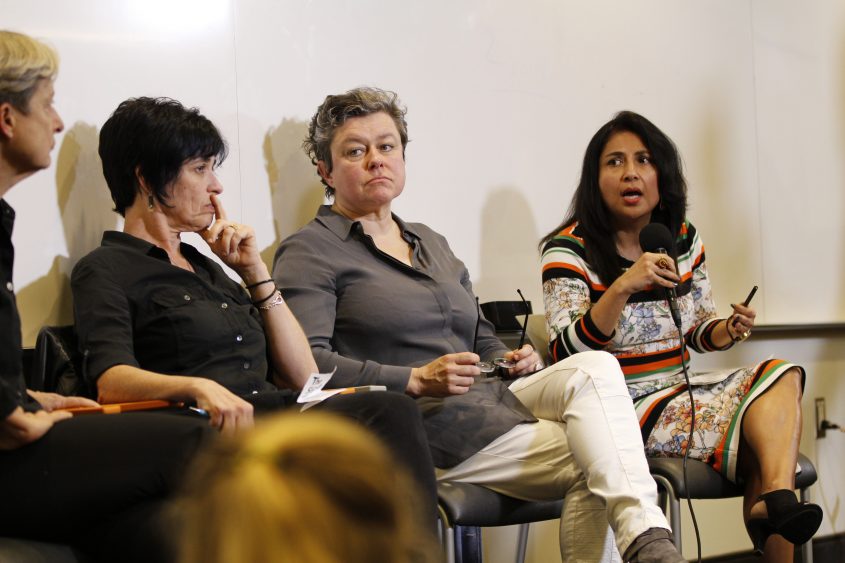
Language, Power and What Resistance Looks Like Institute on Inequality and Democracy at the UCLA Luskin School of Public Affairs co-sponsors talk by UC Berkeley scholar Judith Butler
By Stan Paul
“We are the people. The mighty, mighty people. Fighting for justice and liberation …”
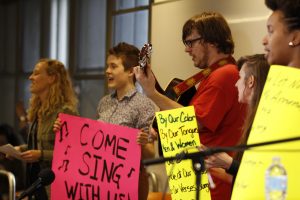
Signs and songs preceded the talk at the UCLA Luskin School of Public Affairs. Photo by Aaron Julian
Signs and song — the trappings of traditional protest — served as prelude to a talk by UC Berkeley scholar Judith Butler at a gathering titled, “This is What Resistance Looks Like,” on Feb. 15, 2017, at the UCLA Luskin School of Public Affairs.
For Butler, the Maxine Elliot Professor in the Department of Comparative Literature and the Program of Critical Theory at Berkeley, contemporary resistance in a time of “shared uncertainty” may not look exactly like your parent’s or grandparent’s form of protest.
“The de-politicized public needs to be re-politicized,” she said, arguing that “the people have to consent … and have the power to withdraw consent.”
Citing the recent presidential election’s low overall voter turnout, Butler emphasized the importance of figuring out how to “bring the non-voter back into politics.” For her it raised further questions such as, “Who are the people and what is the popular will?”
Butler, who is active in human rights issues, as well as gender and sexual politics, also joined a panel of scholars to provide her “thoughts in progress” about the possible forms that resistance might take in a new political era.
In pondering this, Butler said traditional protests and the presence of large crowds in the streets — such as during the January Women’s March on Washington — may continue, but resistance may also come from unexpected places. “We will have to fight for a very strong freedom of the press,” she said, noting that news media have been under attack from the new president.
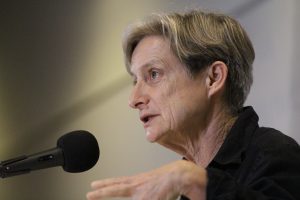
UC Berkeley scholar Judith Butler spoke about the resistance movement and recent political events. Photo by Les Dunseith
“Opposition is one term that suggests that our political structures are basically intact,” she said. “Now we’re in some different kind of trouble. The fear we have, I think, is that we’re actually fighting now for the conditions in which oppositional parties and movements still make sense. … That’s why the name of this fight has to be resistance.”
The other panelists who joined Butler after her talk are all members of a UCLA faculty group known as RAVE (Resistance Against Violence Through Education): Gil Hochberg, professor of comparative literature and gender studies at UCLA; Laure Murat, director of the Center for European and Russian Studies at UCLA and professor in the Department of French and Francophone Studies; and Ananya Roy, professor of social welfare and urban planning and director of the Institute for Inequality and Democracy at the Luskin School.
“Authoritarianism finds its home in language but has not yet found itself in law and policy,” Roy said. “How should we think about the ways in which we have already, in these first few moments, come to rely on the law or come to rely on the lack of accomplishment of authoritarian power in law and policy? It’s a broad question.”
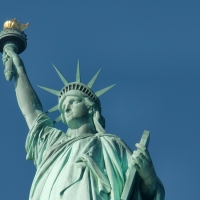
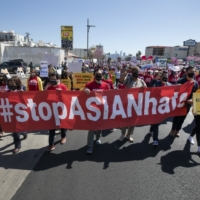

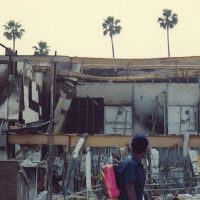
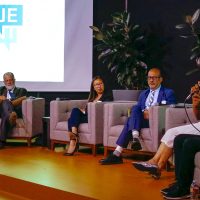




Leave a Reply
Want to join the discussion?Feel free to contribute!